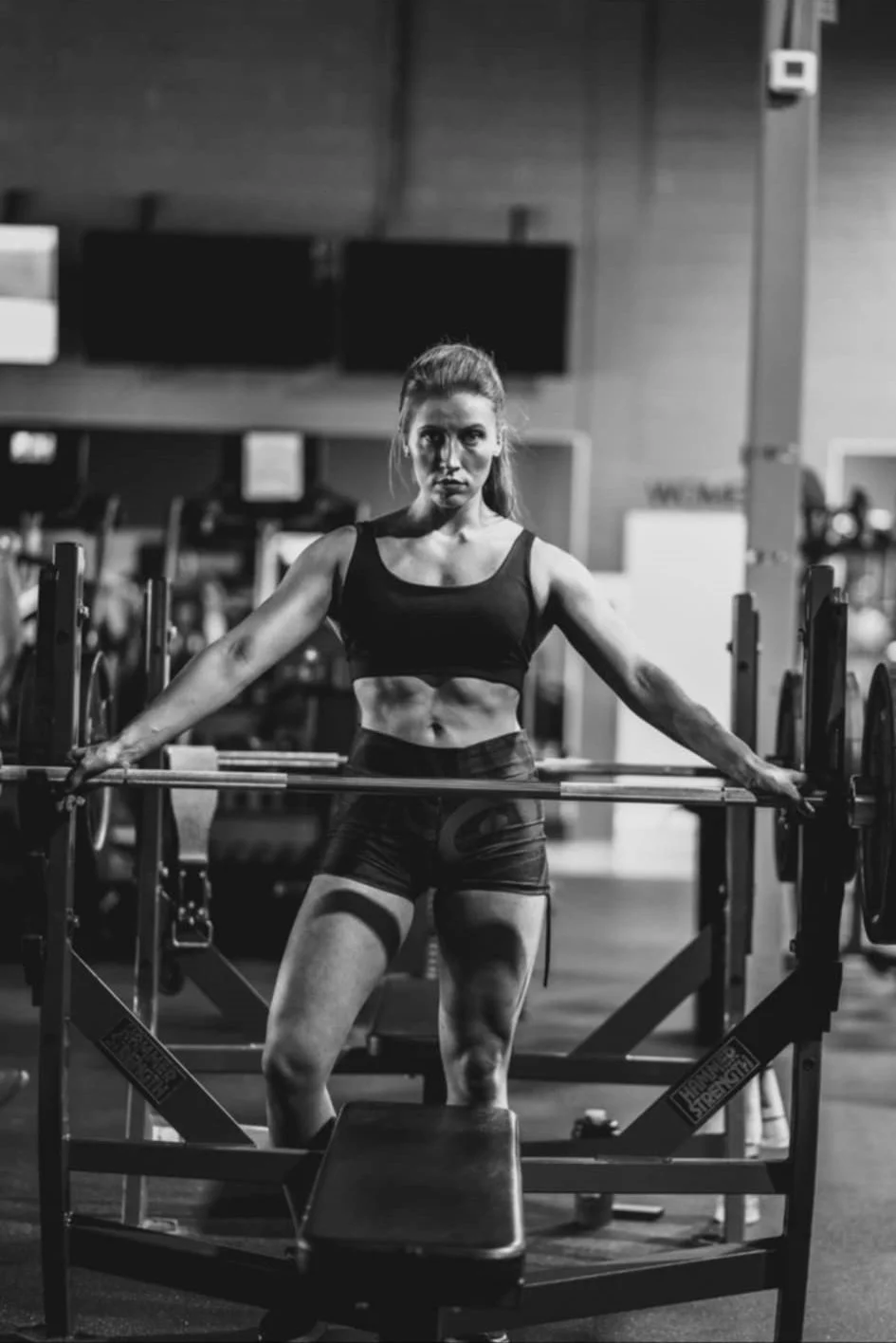I have always loved to move. I grew up playing any and all sports that were available to me including track, volleyball, badminton, and biathlon. But despite my love of sports, I never considered myself to be very athletic. Imposter syndrome had struck early, it seemed. Like many girls my age, I watched as the boys received more attention in gym class and their sports teams received more funding and nuanced training. Time and resources just weren’t spent on us the same way, so how could we possibly build skills and develop our athleticism if what we were experiencing was telling us we weren’t worth the effort? And yet, I persisted.
In my early 20s, I discovered a love and affinity for weightlifting and despite what I had been conditioned to believe as a child, my body learned movement patterns very quickly. I developed the strength to be able to lift twice my own body weight and the knowledge to trouble shoot my own movement patterns and transform my physique. Over the years, my time in the gym has taught me that our potential is not determined by our success or failure on our first attempt at a skill, results take time and persistent consistency, and the foam roller is the best friend you. will. ever. have.
The kinesthetic awareness I have developed through this self-exploration has been an invaluable asset to my performance practice. Knowing how my body works and experiences fatigue and having a strong mind/muscle connection has enabled me to more accurately identify and use the muscles and movement patterns required for efficient singing. It has also enabled me to push the boundaries of stage craft by embracing my physical power in performance.
Experiencing the overlap between sports science and music making has led me to appreciate the beauty that exists in movement patterns and the scientific nuance of artistic practice. However, like many singers, I have come up against a plethora of conflicting sources regarding appropriate nutrition and modes of exercise for our craft. It is a goal of mine to undertake doctoral research that will develop a singular, science backed nutrition and fitness resource for singing athletes so that future generations of singers can find answers to their kinesthetic questions in one place.



